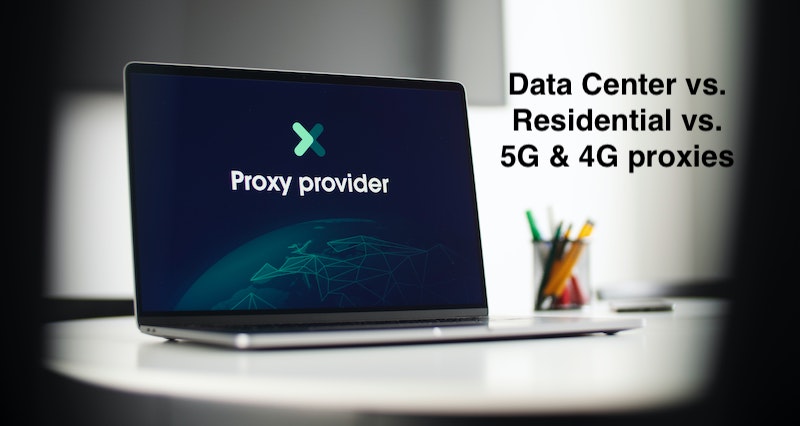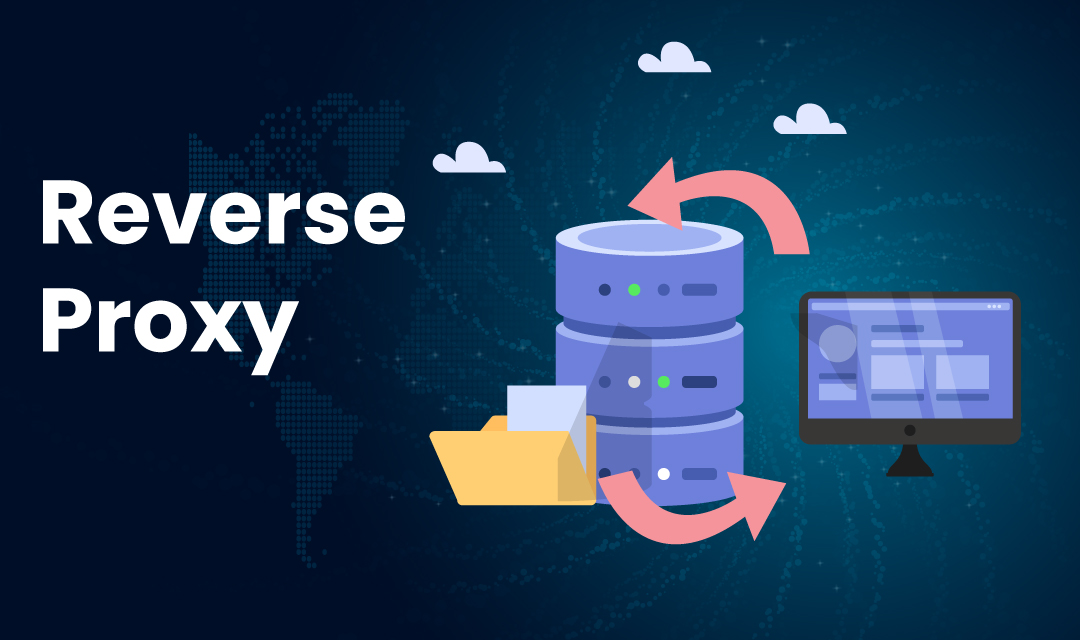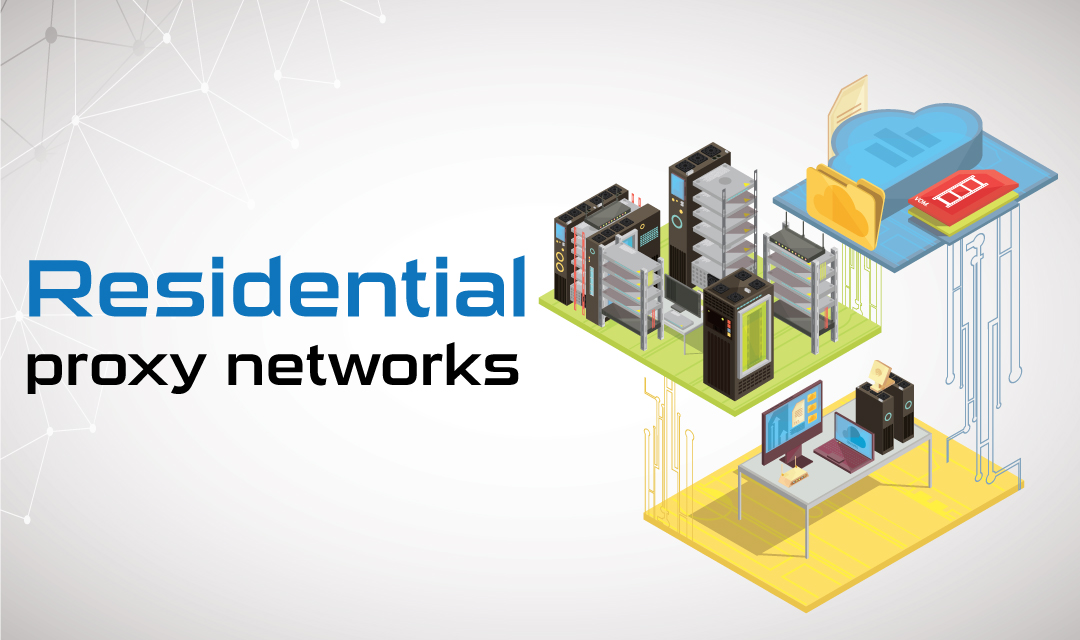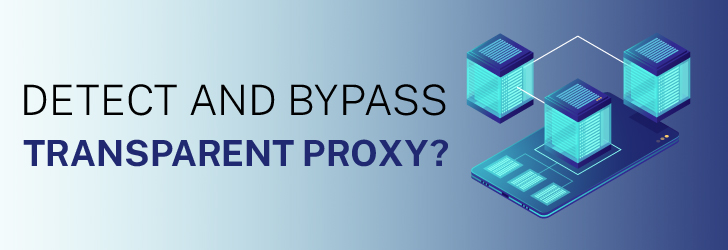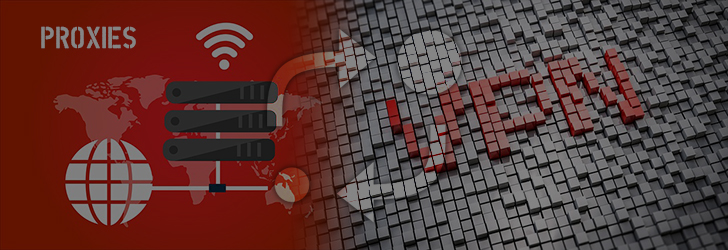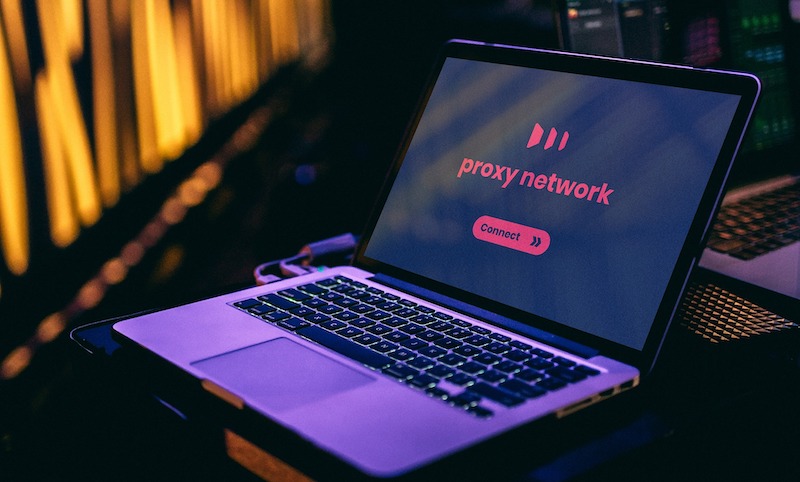
In the world of technology and online activities, it is crucial to have a fast and reliable internet connection. Whether you're managing social media accounts, running an e-commerce site, or scraping the web, a slow internet connection can hurt your productivity and efficiency in a big way. 5G & 4G mobile proxies help with this.

